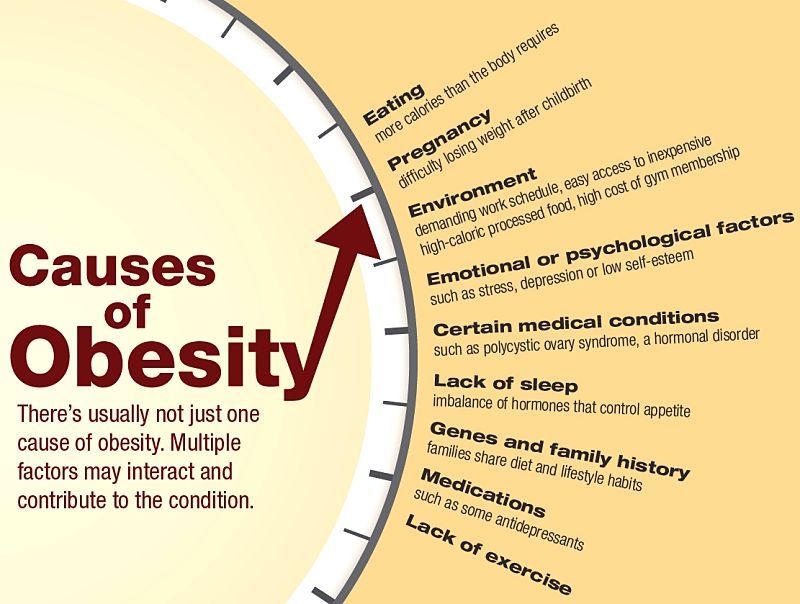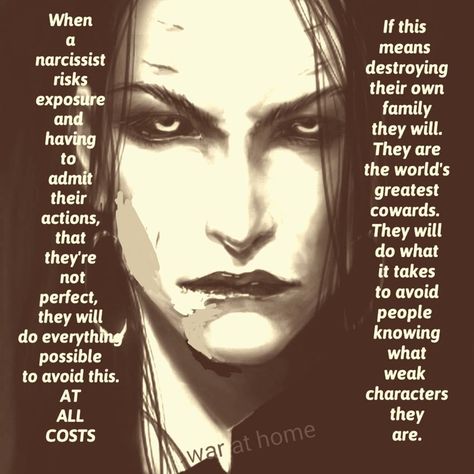Should i be a therapist
12 Things I Wish I Knew Before I Became a Therapist
Degree CompletedHigh School Diploma/GEDSome CollegeAssociate DegreeBachelor's DegreeMaster's DegreeDoctorate Degree
Desired DegreeDiploma/CertificateAssociate DegreeBachelor's DegreeMaster's DegreeDoctorate
Program of InterestAll Psychology & Counseling ProgramsApplied Behavior AnalysisChild/Adolescent PsychologyClinical PsychologyCounseling PsychologyDevelopmental PsychologyForensic/Criminal PsychologyHuman ServicesIndustrial/Organizational PsychologyMarriage and Family TherapyMental Health CounselingOccupational TherapySchool CounselingSocial WorkSpeech PathologySubstance Abuse/Addiction Counseling
Sponsored Content
Southern New Hampshire University
Featured Program: Online Degrees in Psychology & Counseling
Request Info
Capella University
Featured Program: Online Psychology Degree
Request Info
Purdue University Global
Featured Program: Online Master of Science in Psychology
Request Info
Arizona State University
Featured Program: Online Bachelor of Arts in Psychology
Request Info
University of Phoenix
Featured Program: Bachelor and Master of Science in Industrial-Organizational and Applied Psychology
Request Info
A career in therapy can be an incredibly rewarding job for someone who likes to interact with and help people. Time spent helping people to lead more productive, functional and happier lives can be deeply satisfying. Still, many people become therapists without knowing or understanding the true requirements of the profession. Understanding what it’s truly like to be a therapist can help you decide whether this profession is right for you.
1. It's Important to Gain as Much Experience as You Can Before You Become Licensed
In the time before you become licensed, you’ll spend a lot of time working with populations outside your focus. These months will teach about the myriad ways that people respond to therapy. Take advantage of this opportunity. Soak up the experience by immersing yourself in study and learning as much as you can about each population. By the time you get your license, you’ll be more comfortable than ever working with complex people and helping them through their issues.
2. You Shouldn't Be Too Hard on Yourself
Unless you’re doing something ethically wrong, there are no mistakes in therapy. However, you will have growing experiences; many, many growing experiences. Beating yourself up over these experiences can only damage your confidence and make you less sure of your methods. Follow your instincts with each patient. You’ll find that letting the patient lead can help you in times when you’re feeling unsure of your footing or the way to proceed with a patient. Patients who are motivated to be in therapy will guide themselves through much of their own trouble. Think of yourself as a facilitator instead of a leader.
However, you will have growing experiences; many, many growing experiences. Beating yourself up over these experiences can only damage your confidence and make you less sure of your methods. Follow your instincts with each patient. You’ll find that letting the patient lead can help you in times when you’re feeling unsure of your footing or the way to proceed with a patient. Patients who are motivated to be in therapy will guide themselves through much of their own trouble. Think of yourself as a facilitator instead of a leader.
3. Trust Can Take a Very Long Time to Build
Trust is the foundation of a good relationship between a therapist and a patient, but real trust can take months or even years to build. There are many techniques you can use to build trust, and over time you’ll discover the best methods that work for you.
- Be yourself. If you are honest and genuine with your patients, eventually they will reciprocate. This can help your patients become more receptive, talk more, and have more productive sessions.

- Take your time. Relationships with patients develop at a similar pace to relationships that you have with friends and loved ones. Allowing patient/therapist relationships to build with time will help ensure that those relationships are healthy and productive.
- Take continuing education. Continuing your education even after you become licensed will help ensure that you continue to grow in your profession. The more you know, the more you can help your patients.
- Offer excellent customer service. Good customer service practices reflect well on you as a professional. Call clients back quickly, stay organized and maintain an orderly office. This professionalism can help develop trust with your clients even before they come in for their first session.
FIND SCHOOLS
Sponsored Content
4. Your Client Base Will Take Time to Build Up
Therapists in a private practice will take years to develop a strong, steady client base. This can make for some tough years at the beginning. Networking, introducing yourself to others and encouraging referrals can help you build up your client base more quickly. Staying organized, maintaining good business practices and offering excellent customer service can help you get referrals. It also helps to have a specialty, especially if that specialty is a badly needed service in your area.
This can make for some tough years at the beginning. Networking, introducing yourself to others and encouraging referrals can help you build up your client base more quickly. Staying organized, maintaining good business practices and offering excellent customer service can help you get referrals. It also helps to have a specialty, especially if that specialty is a badly needed service in your area.
5. Taking Your Own Advice Is Important
Therapists spend a lot of time telling people to take care of themselves without taking time out to help themselves and to pay attention to their own emotional state. This is important for everybody, not just your clients! You’ll be a better therapist and a better listener if you help yourself and tend to your own emotional needs. You may find yourself working too hard in your first years as a therapist, and some of the troubles that your patients experience may start to wear you down. It’s important to take a day off from time to time. Spend quiet time reflecting on your life, your priorities and your goals for yourself. This will help you have a satisfying life and a more successful practice.
This will help you have a satisfying life and a more successful practice.
6. It's Not Like You've Seen on Television
On television, therapy is glamorized and idealized. Patients lay on large leather couches in an academic-looking office, stare at the ceiling and discuss details of their childhood with an aloof looking healthcare professional. In real life, therapy happens in a variety of different settings, sometimes with a couch sometimes not. In fact, you'll need to tailor your office to the type of patients that you’ll be treating. If most of the patients you see are children, for example, it’s a good idea to have an office with toys, colorful furniture and small chairs for kids who are still growing. You'll spend more time playing than sitting, as will your patients.
7. Sometimes It Feels Hopeless
Some patients will seem as if they aren’t making progress. When you encounter a patient like this, the best thing you can do is to reassure him or her that you’re committed to your patient's success and that you’re here for him or her. However, it’s also important to understand that you won’t be the right therapist for everyone. If your patient fails to grow during therapy sessions, this could be because of a failed connection between you and your patient. In cases like this, sometimes referring the patient to someone else can be more helpful.
However, it’s also important to understand that you won’t be the right therapist for everyone. If your patient fails to grow during therapy sessions, this could be because of a failed connection between you and your patient. In cases like this, sometimes referring the patient to someone else can be more helpful.
8. Body Language Is Crucial
Body language plays a huge rule in the communication between you and your patients. You’ll start to notice body language in patients over time. Some patients will make eye contact, others will stare off into the distance. Some will fidget, others will sit calmly. You’ll get very good at reading this body language as you gain experience. However, it’s important to understand that your body language sends as many signals to your patients as their body language sends to you. You can exude confidence, friendliness and kindness by sitting calmly, smiling and avoiding fidgeting. This will help you gain the trust of your clients during sessions. Practice this type of body language when not in sessions to ensure that your body language seems natural.
Practice this type of body language when not in sessions to ensure that your body language seems natural.
9. The Patient Must Have a Desire to Make Progress
Going to therapy isn’t enough by itself; your patient needs to want the situation to improve. The personal motivation it takes to work on problems and to improve a personally difficult situation is not something the therapist can plant in a patient. This motivation must be internally driven. If you encounter a patient who is disinterested or unmotivated to meet the goals set in therapy, this is a sign that your patient isn’t ready for therapy. In a case such as this, you and your patient may need to take a step back and evaluate the situation before moving forward. Continuing on the same path may not be helpful to either one of you without making a significant change.
10. Sometimes It's Depressing
Being a therapist can be depressing, for a variety of reasons. The constant struggle to develop trust, cultivate a relationship and set goals for your patients only to watch them struggle, even after months or years of therapy, can cause you to feel a little pessimistic after time.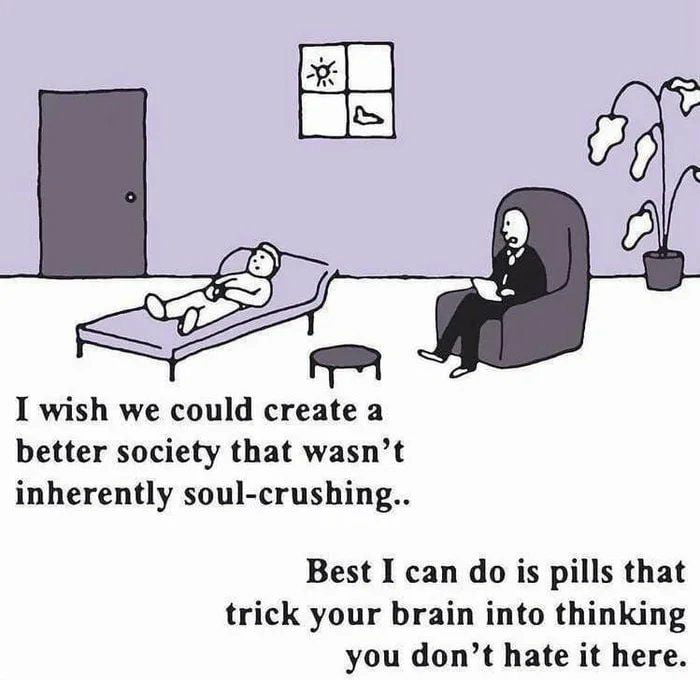 Therapists must develop a thick skin and a sense of confidence to help them continue to enjoy the profession.
Therapists must develop a thick skin and a sense of confidence to help them continue to enjoy the profession.
11. Your Job Is to Help People Manage Their Problems at Their Own Pace
The people who seek therapy are all unique. Each person will manage his or her problems in their own time and in their own way. Sometimes progress seems to happen quickly, but often this progress will be slow, meandering and difficult to gauge. As a therapist, you may wish to see some of your patients progress more quickly, but this is not how therapy works. Pushing your patients harder can hurt your trust, damage your relationship and negatively impact the progress you manage to make. Taking things at the pace set by your patients will be beneficial to you both.
FIND SCHOOLS
Sponsored Content
12. It Is Not Your Job To "Fix" People
Viewing your patients as broken people who must be fixed can negatively affect your interactions with your patients. Your patients may sense, and resent, these feelings.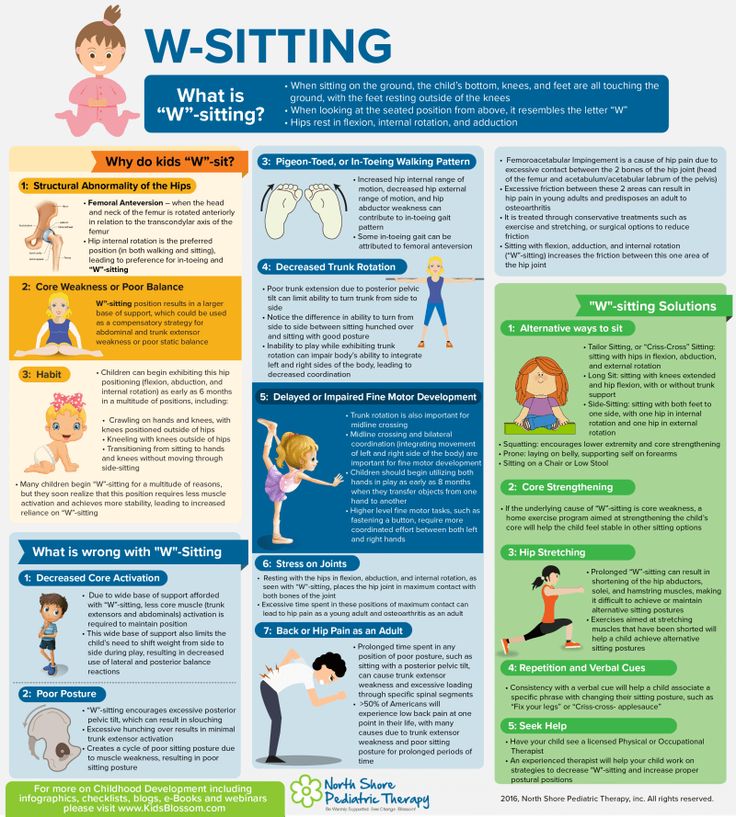 True, your patients do need help and are asking for help from you. Your job as facilitator is one of helping the patients on a good path. What your patients need, more than anything else, is to take productive action to put their lives on the right track. Keep this in mind at all times while you work with patients.
True, your patients do need help and are asking for help from you. Your job as facilitator is one of helping the patients on a good path. What your patients need, more than anything else, is to take productive action to put their lives on the right track. Keep this in mind at all times while you work with patients.
Learn how you can earn your MFT degree online.
Many of these things will be learned after you become a therapist, but it's good to know these details when going into the profession. For more information, try interviewing therapists in your community. Talking to working therapists about the realities of the job can help you decide for sure if this is the right profession for you.
Want to Be a Therapist? 5 Signs You’d Be Great at It
Source: Sean Grover
For nearly 25 years, people in my office have shared their secrets, their fears, and their hopes. They’ve confessed wrongs, explored love and relationships, worked through childhood traumas, pondered dreams and nightmares; some lasted a few sessions, others stayed for years.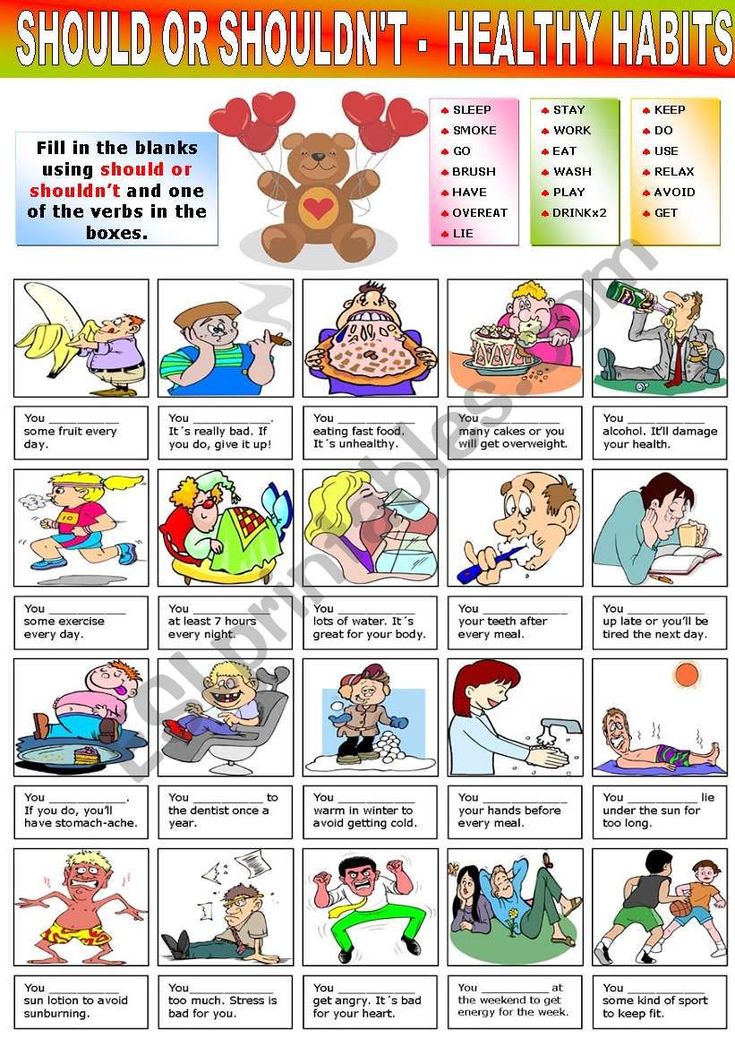
Every now and then, a person asks me, "How could you spend your life listening to people complain? I could never do it." They're correct—that statement alone proves that person would likely be a sub-par therapist.
If you're thinking of becoming a therapist, here are five essential personality traits that you'll need:
1. You’re a people person.
You enjoy time with people, feel energized by emotional exchanges, and are interested in people’s backgrounds. You relish a hearty laugh and a good cry. You delight in hearing stories and sharing a close bond with others. Even if you’re shy, intimate talks invigorate you.
2. You’re a good listener.
You’re the designated "therapist" in your social group. Friends tell you their secrets and seek out your advice and counsel. No doubt it’s because you’re a good listener. This skill is the bedrock of therapy—not advice, analysis, or guidance. People trust and open up to good listeners. When people feel heard and understood, healing begins.
When people feel heard and understood, healing begins.
3. You think analytically.
You’re fascinated with human behavior and question what makes people tick. You love a good mystery and enjoy piecing together clues about individuals. You take note of character traits and have an excellent memory for detail.
4. You’re an altruist.
You enjoy helping people. That’s right—you’re a do-gooder. Helping people recharges you, gives your life meaning, and boosts your self-esteem. Social justice is also a keen interest. For you, when you give to others, you give to yourself as well.
5. You may have struggled with anxiety or depression.
Many people worry that their own mental health challenges preclude them from becoming a therapist. But believe it or not, your struggles are welcome here. Many of the best therapists (but not all, of course) have battled mightily with their own emotional problems. Often, it was their own therapy that awakened a wish in them to be a therapist. Struggling with personal demons can empower you with greater empathy and the crucial ability to identify with others in pain.
Struggling with personal demons can empower you with greater empathy and the crucial ability to identify with others in pain.
The Next Steps
If you have most or all of these qualities, you've got the raw materials you need to become a great therapist. Now, with the right training, you can hone these talents into a profession that you’ll love.
These days, there’s a therapy for everything: drama therapy, dance therapy, art therapy, etc. First, figure out what kind of therapist you want to be. What area interests you? Next, think about the folks you want to work with: children, teenagers, adults? Couples, families, or groups? Community building or traditional social work?
Your Guide to Mental Health Professionals
Social workers, psychiatrists, and psychologists are all therapists. So how do they differ? They have vastly different training and unique specialties. Here’s a quick glance at their specifications:
- Clinical social workers have master’s degrees in social work and are generally trained in empowerment and advocacy.
 Social workers take a practical approach to problem-solving through talk therapy, counseling, or group work.
Social workers take a practical approach to problem-solving through talk therapy, counseling, or group work. - Psychiatrists have medical degrees and can prescribe medication. For example, if someone was considering antidepressants or medications for anxiety, they would likely visit a psychiatrist.
- Psychologists have doctoral degrees and engage in testing and evaluations, such as neuropsychological evaluations. For instance, if they work with children, they may help identify learning differences, such as dyslexia and attention deficit disorder. They also may engage in research.
There are other licensed or masters-level therapists, such as Marriage and Family Therapists, Licensed Professional Clinical Counselors, or Credentialed Alcoholism and Substance Abuse Counselors, a certification that doesn't require a college degree. (If you're interested in being a group therapist, check out this excellent Positive Psychology article about group: Group Activities, Worksheets, and Discussion Topics. )
)
States often have different requirements and names for each profession. To find the right path for you, read up on the different helping professions in your area. If possible, talk to someone who works in the field or attend a lecture or workshop. Better yet, volunteer in an organization you like, or sign up for a class. You’ll know pretty quickly if this profession is for you.
A Life in Therapy
Loving your profession is a blessing. It adds years to your life and life to your years. Every day I look forward to seeing my patients. I strive to understand them; I celebrate their progress; I feel upset when they suffer. In session after session, we examine their lives like puzzle pieces on a tabletop and fit them together so they can start to feel whole again.
Ultimately, the goal of therapy isn’t about changing people. It’s about helping people to reconnect with their true selves. It’s about healing injuries and building trust. It’s about crafting healthier relationships and living more fully in the present. These are the true goals of therapy: helping people become healthier, stronger, and more empowered.
These are the true goals of therapy: helping people become healthier, stronger, and more empowered.
If this sounds like an exciting way to make a living—what are you waiting for?
(Unhappy with your therapy? See "5 Signs That You Have the Wrong Therapist".)
LinkedIn image: fizkes/Shutterstock
Facebook image: Kinga/Shutterstock
Is it worth it to work as a local therapist and how much can you earn
Probably, to start my story, it is worth telling a little about yourself. My name is Ann. I am 25 years old and I am a graduate of Sechenov University in the famous “COVID” year 2020. These were interesting and exciting six years of student life: work in the Student Council, organization of various student events, Sechenovets, periodic shifts in hospitals, an internship in Thailand in the department of obstetrics and gynecology. It would seem that I am an active and interested student, who has a direct path to continue his studies in residency right after university . .. But no matter how! nine0003
.. But no matter how! nine0003
If you look at my six years at the university in terms of points, everything is more than modest: 100 points for testing and 25 points for covid volunteering. Not much. Such a mediocre, absolutely ordinary graduate.
If it had been a regular graduation year, it would have been even less... and if you also remember that 100% of the places in most specialties were targeted, it becomes quite sad. How can you compete with red diploma students/authors of scientific papers/olympiads, who after six years sometimes gain more than 200 points in total? nine0003
I don't consider myself stupid, but I've never been an excellent student. I didn’t pursue grades, because I didn’t consider it necessary, because the number in the test book is just the subjective opinion of one person, and the system for grading a red diploma was introduced just a few years ago. In my certificate there are both unfair triples after retakes, and undeserved fives, received thanks to machines or good relations with teachers.
One way or another, with such tiny scores, it was not worth counting on a good budget residency. I didn’t have an option to go for a fee - it’s a matter of principle: if I can study on a budget, why should I pay? nine0003
Also, I had absolutely no idea where to go. For the last four years I have dreamed about obstetrics and gynecology, read special literature, and was on duty in maternity hospitals. Until the sixth year, there was not even a question where to go. But, in the last year of my studies, my interest began to gain more and more therapy in general and rheumatology in particular - a specialty that I never thought about.
So, what do we have:
- Low scores for admission to residency. nine0017
- Not understanding what specialty to go to.
What to do? The answer was found somehow by itself: go to work. I decided that if there are not enough points and a clear understanding of what I want, then I need to face the work that I have to devote my whole life to. Neither duty, nor internships, nor studies can show what it is like to be a doctor. Only real experience and work "in the field".
Neither duty, nor internships, nor studies can show what it is like to be a doctor. Only real experience and work "in the field".
I had never worked in medicine before. When I was a student, I was a kitchen planner at Ikea. Unexpected, right? I didn’t really have to choose: I’m already an adult, I need to provide for myself. But there was a feeling that in medicine you can’t feed yourself with part-time middle staff. I was even ashamed of the fact that I don’t work like everyone else in the sweat of my brow for the benefit of the Ministry of Health, but I advise customers on which facades to choose for the countertop. nine0003
But in reality it turned out that the communication and sales skills that I acquired during my work turned out to be the most important at the first stage of work. After all, in fact, as in the service industry, the work of a doctor also requires sales skills. The ability to correctly explain why a patient is taking therapy and why he definitely needs to be examined is a skill that helped me more than once when I was a doctor.
when to book and what to expect
A multidisciplinary general practitioner who diagnoses and treats a wide range of human diseases. It accepts patients over the age of 18. Everything that the therapist does refers to diseases and pathologies of the internal organs of a person. In most cases, it is the therapist who decides all issues related to conducting research and prescribing effective treatment, and, if necessary, issues a referral to a specialist doctor. nine0003
What the therapist treats
The therapist is responsible for diagnosing and treating the respiratory, digestive, excretory and circulatory systems. They turn to him not only for the most common colds - influenza, bronchitis, SARS - but also when the joints, back, stomach are worried, there is a general deterioration in well-being, and insomnia torments.
Often the ailment is attributed to a mild cold or fatigue, but without the help of a qualified specialist it is impossible to make a correct diagnosis, and self-medication, as a rule, only aggravates the situation. You should not rely on chance, but you just need to make an appointment with an experienced doctor armed with modern diagnostic methods. nine0003
You should not rely on chance, but you just need to make an appointment with an experienced doctor armed with modern diagnostic methods. nine0003
When to make an appointment with a doctor
If your health suddenly worsens, alarming symptoms appear or a disease is suspected, then you should not postpone a visit to a therapist, as many diseases go into a chronic stage, which has long-term negative consequences for health, worsens the quality life and shorten it.
Symptoms that require a visit to a therapist:
- fever;
- dry mouth; nine0022
- frequent trips to the toilet;
- drowsiness, fatigue that does not go away even after a long rest;
- pain of any severity or discomfort of the internal organs, including heaviness in the stomach, nausea, almost incessant hunger, palpitations without cause;
- marked decrease in vision, dizziness, fainting;
- memory impairment and distracted attention;
- constant insomnia and apathy.
 nine0022
nine0022
There are a number of symptoms that indicate serious health problems. These include a sharp decrease in body weight without changing the diet, high body temperature, unbearable headache, vomiting with blood, black stools, impaired speech and paralysis of the limbs.
Pregnant women should see a physician to prevent complications during pregnancy and childbirth.
Persons with chronic diseases and a genetic predisposition to certain diseases are also advised to see a doctor regularly. nine0003
All persons over the age of 40 are advised to visit a doctor to prevent the development of chronic diseases.
What the therapist does at the appointment
At the beginning of the appointment, the doctor listens to the patient's complaints and asks about the symptoms. He is necessarily interested in past illnesses and chronic diseases. It is in the patient's best interest to provide as much detail as possible about their health. Then the specialist measures the pressure, listens to the chest and back with a phonendoscope, can measure the temperature, examine the throat, and feel the stomach. nine0003
nine0003
After analyzing the complaints and based on their own findings, the therapist prescribes medications and treatment procedures, writes out a referral for tests, additional examinations (ultrasound, MRI, CT, X-ray), and, if necessary, sends them to other specialized specialists - an otolaryngologist, a gastroenterologist, a neurologist et al.
It should be taken into account that communication with the therapist is rarely limited to a single visit, since the doctor must “guide the patient”, that is, monitor the course of treatment. If necessary, he makes amendments, prescribes additional diagnostic methods, and coordinates interaction with doctors of other specializations. nine0003
Article published : 02/02/2017
Last updated : 21/04/2019
See also
Traumatologist: what are the duties, how is the appointment
Many people mistakenly believe that the traumatologist is engaged exclusively in the application of plaster, but the area of his activity is much wider.




